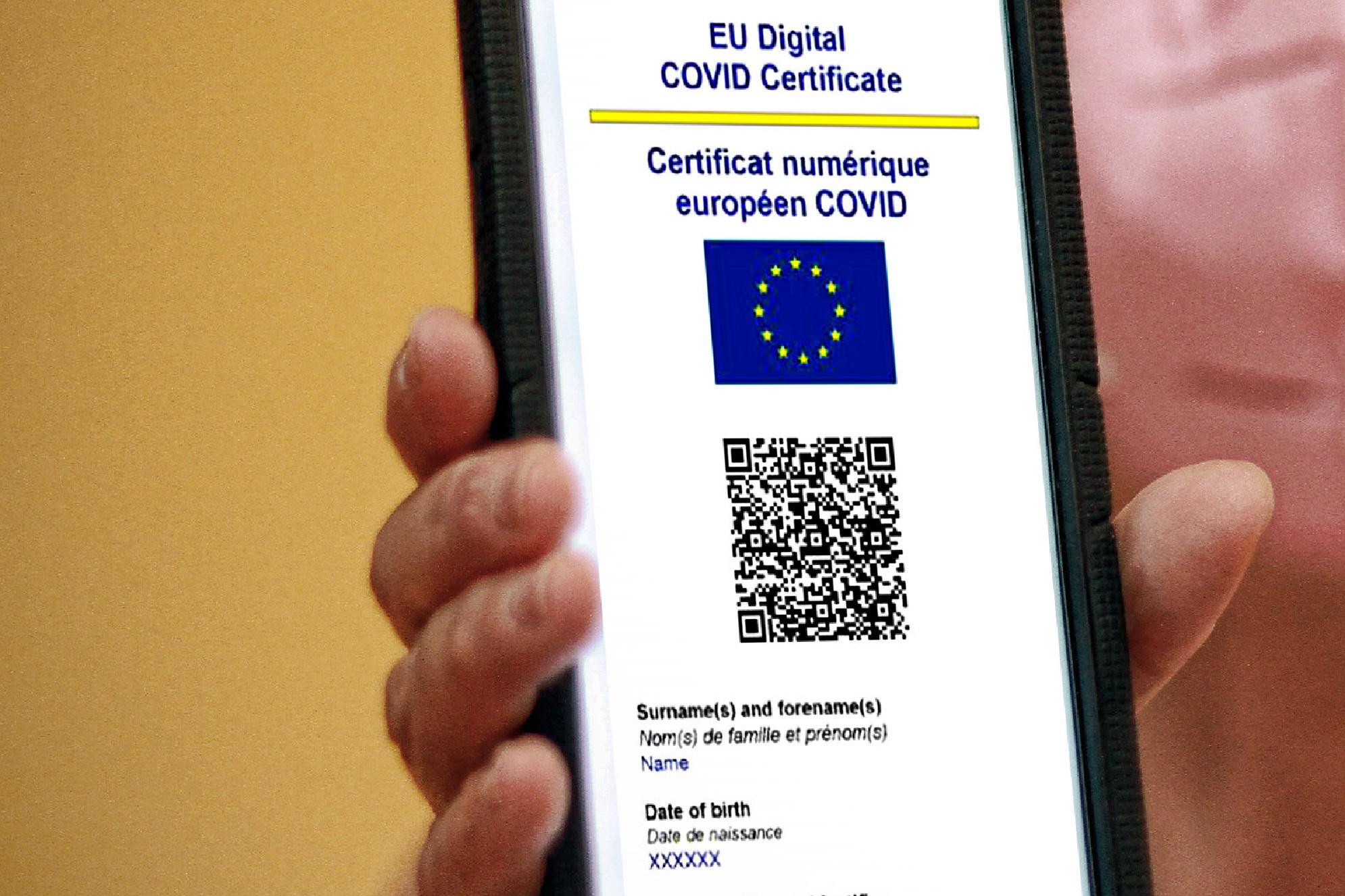Italy
Italy won’t join the WHO “Global Green Pass”, but someone tried to sabotage the Government

“Following the Council of Ministers’ approval of the Feb. 26 decree-law, I think it is useful to clarify that the government has no intention of adhering to the WHO’s so-called ‘global green pass.’ During the approval of the bill, an amendment will be presented to reformulate the text and bring the rule back to the PNRR objectives on health, starting with the full operation of the electronic health record.” This is according to Health Minister Orazio Schillaci, referring to the international health certificate on the model of the EU’s COVID Digital Certificate (global green pass).
Why did the minister spread this announcement?
A few days ago, an excerpt of a draft law was published in which it was decided to take about €5 million from the fund for the reimbursement of adverse effects of vaccines to finance precisely the extension of the Green Pass and the adherence to the “Global Green Pass.” The government program did not contain this decision; indeed, it was contrary to many of the indications of politicians in the Italian majority. Evidently, someone in the ministry, an executive, had written this provision, hoping that it would go unnoticed and thus embarrass the minister. Fortunately, someone noticed it, reported it, and it led to a decision in the perfectly opposite direction.
What is the ‘Global Green Pass’?
The ‘Global Green Pass’ stems from an agreement between the World Health Organization and the European Union last June. Membership is voluntary for member states. The Council recommendation adopted on June 27, 2023, encourages all member states to join the WHO system and continue issuing COVID-19 certificates upon request.
It is a kind of electronic health record, like the one provided by the ALS, but verifiable and accepted worldwide.
In essence, it is an extension and digitization of the so-called Yellow Card, which is required to verify vaccination against certain dangerous diseases and is required for entry into certain countries. A kind of health passport, born in 1933 in the Netherlands and adopted by the WHO in 1951,. The instrument would not, as the organization assured, put privacy and personal health data at risk.
A tool desired by the WHO
It is part of the WHO’s digital strategy, unveiled in 2020, which aims, within a framework of expanding global health security, to ensure better health care around the world through new telemedicine techniques that enable remote patient care, even in difficult and isolating settings.
The idea is also to use artificial intelligence to control the information contained in these documents.
But this widespread circulation of information in such a way and in the hands of a body like the WHO, which has no guarantee of democracy; in fact, it has proven to be easily manipulated by both the great powers and did not show a particular capacity during COVID, has provoked many protests and a great, justified distrust that this tool is compatible with the protection of personal freedoms.






